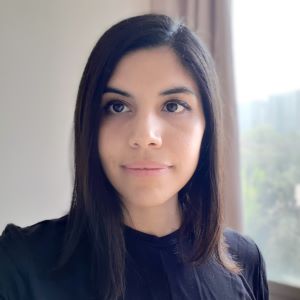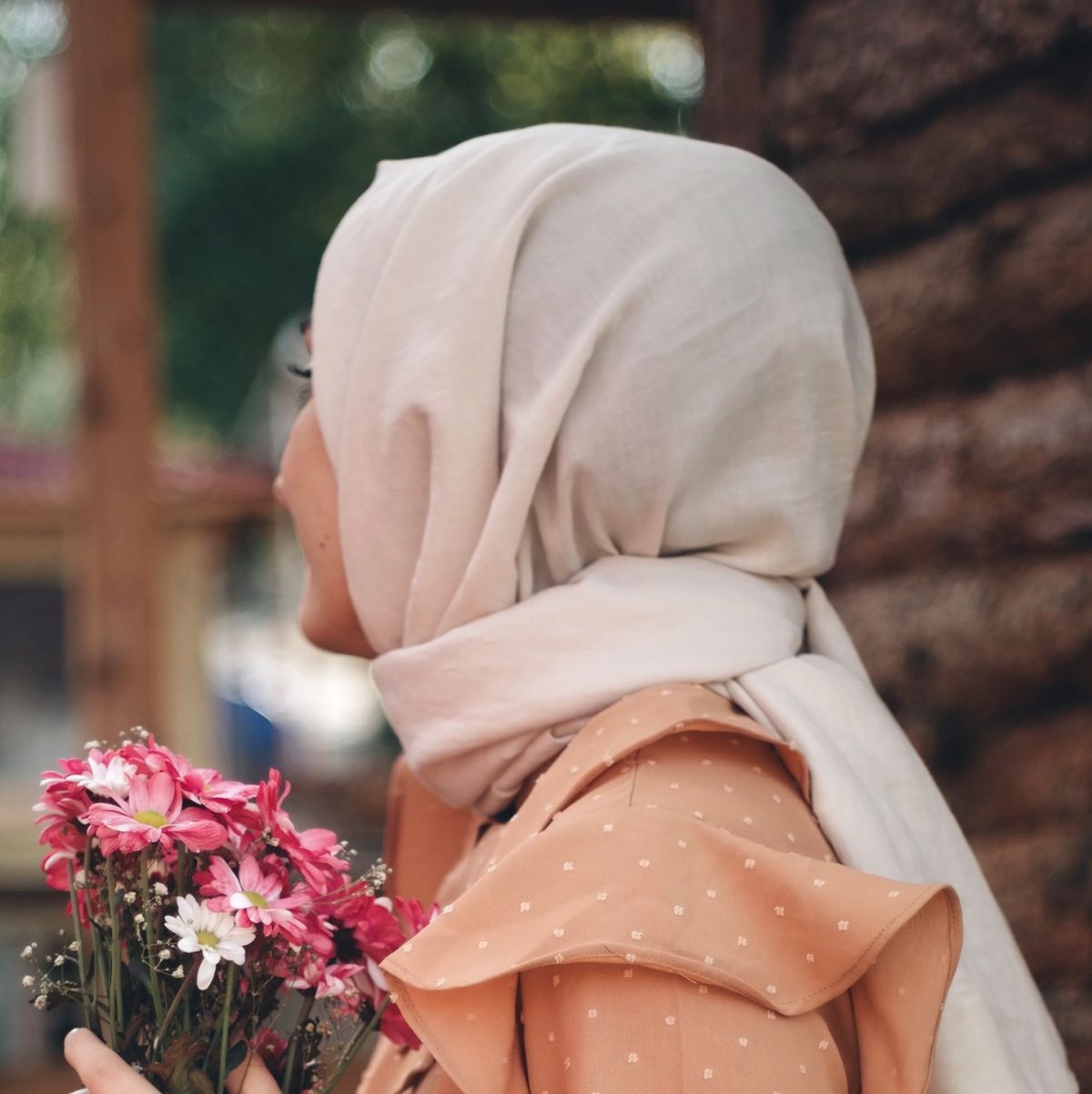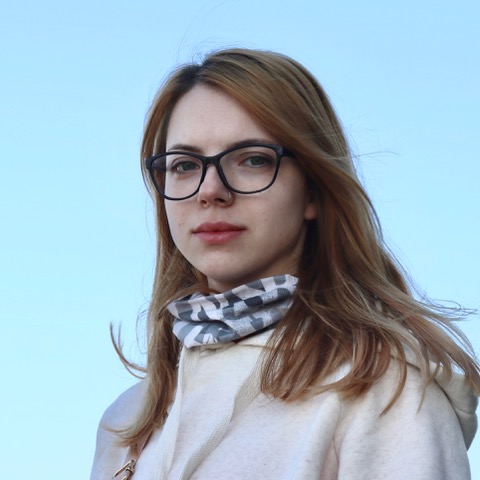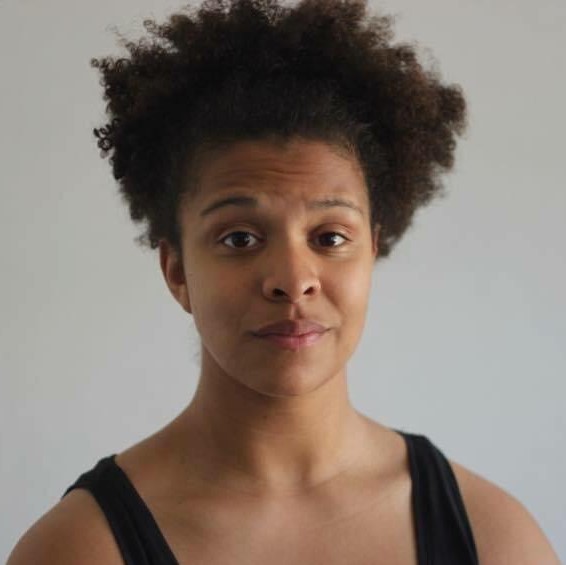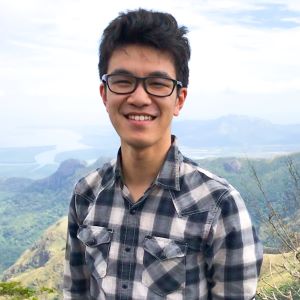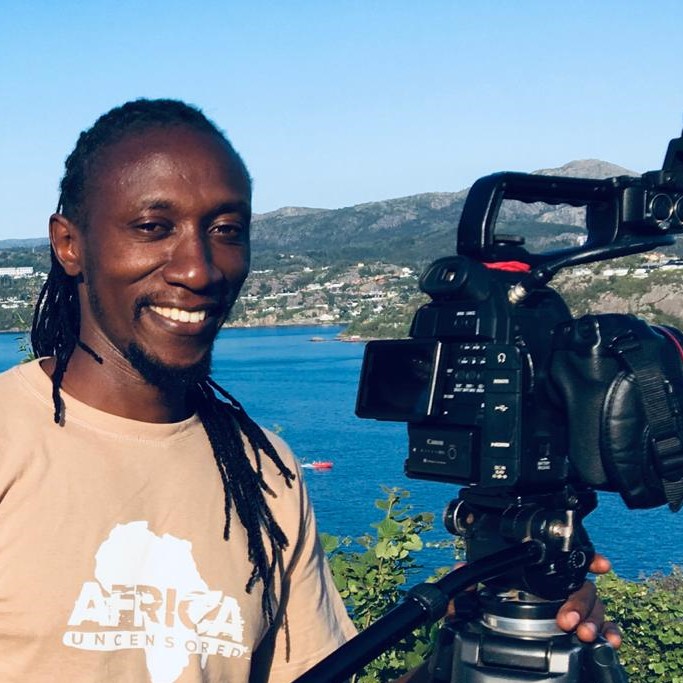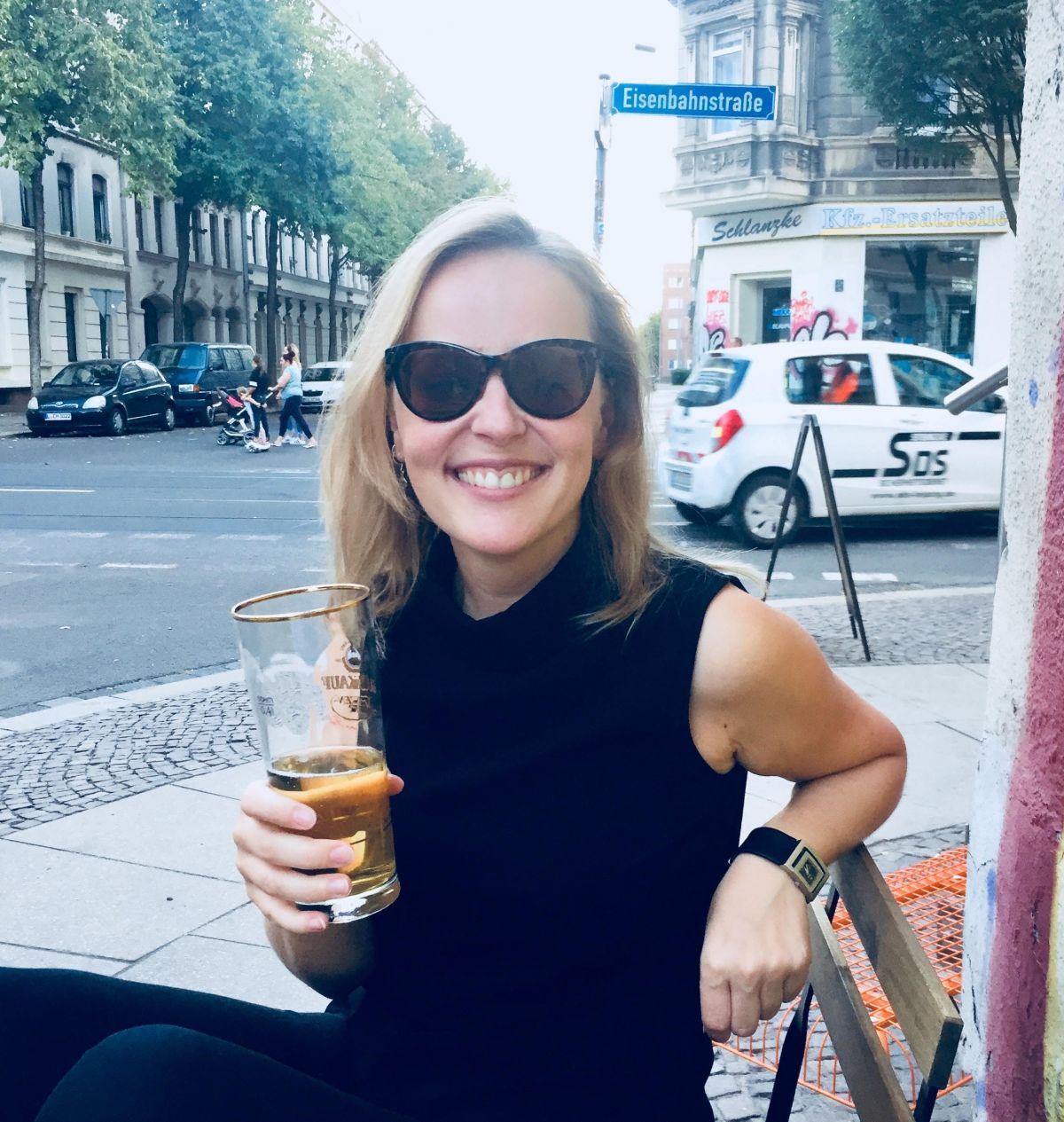Division
To live between Dictatorship and Democracy means to fight for a better future.
Chile, Southern America
Story by Yess. Translated by Melaina Dyck
Published on August 24, 2020.
Reading time: 5 minutes
This story is also available in 




Do you remember the protests in the Chile in the final months of 2019?
Behind those protests are 40 years of repression and failed governments.
I invite you to read my story.
April 13, 1989:
I was born in Chile, between the end of the Dictatorship[1] and the beginning of Democracy[2]. I was born divided between two moments that mark Chile’s history.
1973 – 1990:
Luckily, I do not have my own traumatic memories of the Dictatorship. What I do know is from my father. He lived under the Dictatorship. Although he was innocent, he was captured, tortured, and interrogated by the military because he arrived home one night after curfew.[3] He was saved from the firing squad[4] by his brother, who was a member of the military and proved his innocence.
Many Chileans are marked by this dark era when their family members disappeared.[5] While for others, the Dictatorship was the best thing that could have happened in Chile. The upper class—the businessmen and the government—had immense wealth and power; they were untouchable.
Thus the Chilean people were divided.
October 16, 2019:
Students leapt over the turnstiles in the Santiago metro as a protest against a recent increase in the metro fare. The government labeled these children “terrorists.” I asked myself, then, who are terrorists? Those who work themselves to death or businessmen that get rich while families starve to death working for a minimum wage of USD$300? Are terrorists the parents who try to pay for university tuition four times their salary so that their children might have a better life? Are terrorists the people dying in the waiting rooms of public hospitals without resources to care for them?
Or is the terrorist the government that sells rivers to private companies and fills the bank coffers of its friends before it pays for public education and healthcare? Are the terrorists the leaders who have abandoned poor communities during a global pandemic?[6]
To live between the Dictatorship and the Democracy means to live in a society that accepts autocracy because we have elected our president from the wealthy.
It means that “terrorism” is to demand your rights as a poor person, while “success” is to demand that the poor keep working and dying.
October 18, 2019:
Looking out my window, I saw police attacking demonstrators who were striking metal pans and spoons as a form of protest. In that moment, I understood that the people had decided to bravely confront the repressive state, which permitted police to abuse students who exercised their democratic right to protest.
It was then that I decided to join the cacerolazo.[7] This time, the students would not be alone. This time the people, my people, decided to defend and join demands ignored by the government for 40 years. Now there was something to fight for: our dignity.
February 18, 2020:
The protests mark the dates on my calendar. For me and for millions of Chileans, the future is uncertain.
The government continues to oppress its people. We continue with a country divided between rich and poor, but, for once, more united than ever.
To live between Dictatorship and Democracy means to fight for a better future.
Footnotes
[1] A political regime in which one single person holds total power, does not submit to any limitations, and has the ability to enact and change laws at will.
[2] A political system that defends the sovereignty and rights of the people to elect and control their government.
[3] Curfew: A limitation or legal restriction on the right to movement in the case of war or crisis affecting a country or city. Compliance with a curfew is maintained by the police and army.
[4] Approximate translation of the Spanish word ‘fusilamiento’—execution by shooting.
[5] [5]Bernetti, Martin. “‘Where are they?’: families search for Chile’s disappeared prisoners.” The Guardian, 14 Aug 2019. https://www.theguardian.com/world/2019/aug/14/where-are-they-families-search-for-chile-disappeared-prisoners
[6] Fuentes, Valentina, and Philip Sanders. “Once a Covid Role Model, Chile Now Among the World’s Worst.” Bloomberg, 16 Jun 2020. https://www.bloomberg.com/news/articles/2020-06-16/once-a-covid-role-model-chile-now-among-the-world-s-worst-hit
[7] A form of protest in which the demonstrators show their discontent by making noise, typically by banging together pans, pots, and other kitchen utensils.
How does this story make you feel?
Follow-up
Do you have any questions after reading this story? Do you want to follow-up on what you've just read? Get in touch with our team to learn more! Send an email to [email protected].
Talk about this Story
Please enable cookies to view the comments powered by Disqus.
Subscribe to our Monthly Newsletter
Stay up to date with new stories on Correspondents of the World by subscribing to our monthly newsletter:
Tags
Topic: Liberation
> Afghanistan
An Afghan Girl Wishing for Her Dreams to Come True
A story by Tahmina
4 min
I write this story honestly from my thoughts. I dare to dream and will try to achieve until my last breath. Read more...
> Ukraine
The worst morning of my life
A story by Amelia
5 min
One fateful morning, Amelia woke up with the news that a war had broken out in her country. It would become the worst morning of her life and it hasn't ended yet for her. Read more...
> United States
The Birth of Understanding One’s Privilege
A story by Sidra Kennedy
4 min English Audio available
There were 9 of us on the program, a group of white, North American and European 18- and 19-year-olds. And once we stepped into the clinic, all people saw was that we were white. Read more...
Explore other Topics
Get involved
At Correspondents of the World, we want to contribute to a better understanding of one another in a world that seems to get smaller by the day - but somehow neglects to bring people closer together as well. We think that one of the most frequent reasons for misunderstanding and unnecessarily heated debates is that we don't really understand how each of us is affected differently by global issues.
Our aim is to change that with every personal story we share.
Community Worldwide
Correspondents of the World is not just this website, but also a great community of people from all over the world. While face-to-face meetings are difficult at the moment, our Facebook Community Group is THE place to be to meet other people invested in Correspondents of the World. We are currently running a series of online-tea talks to get to know each other better.











